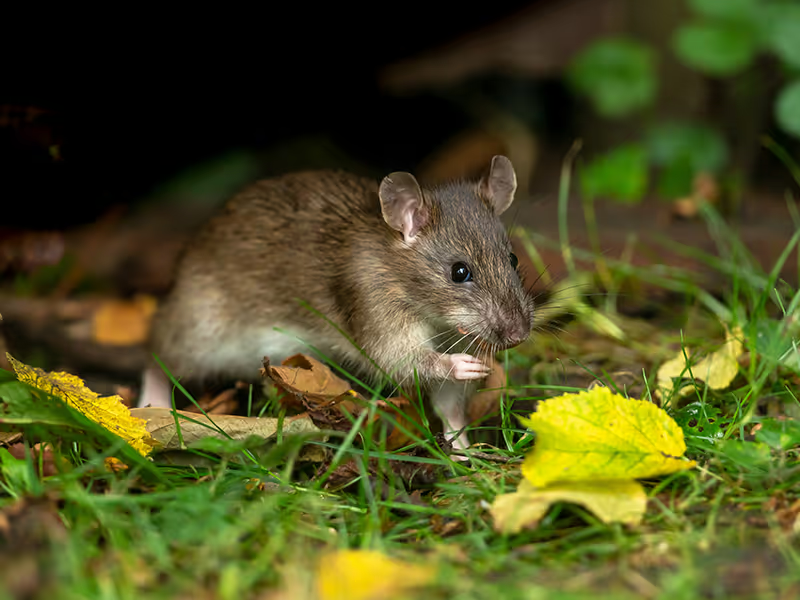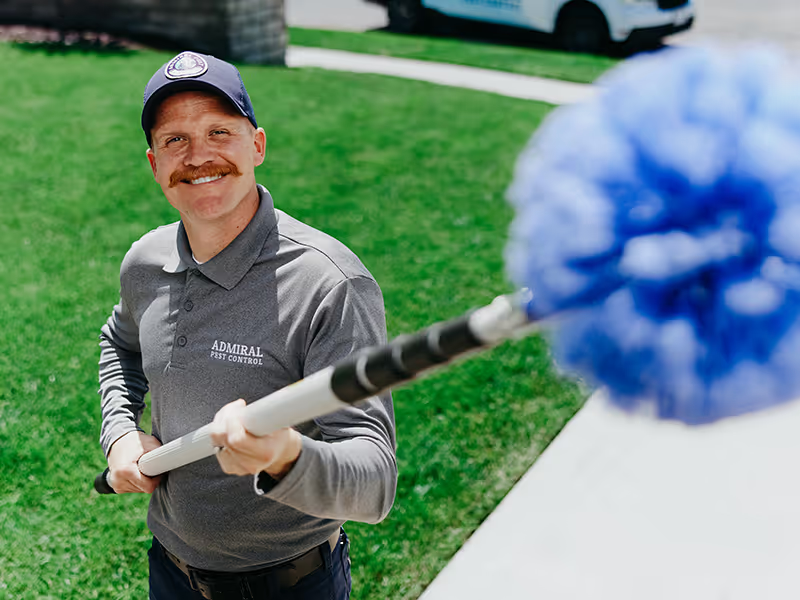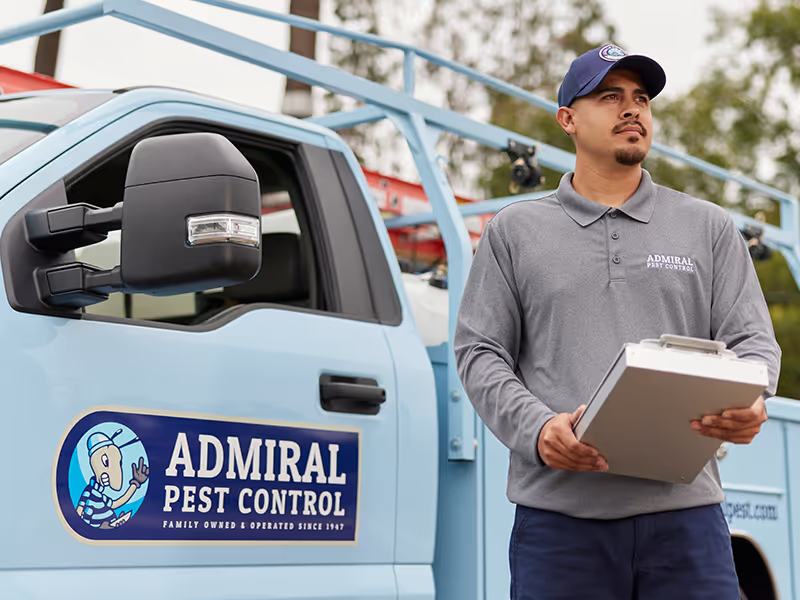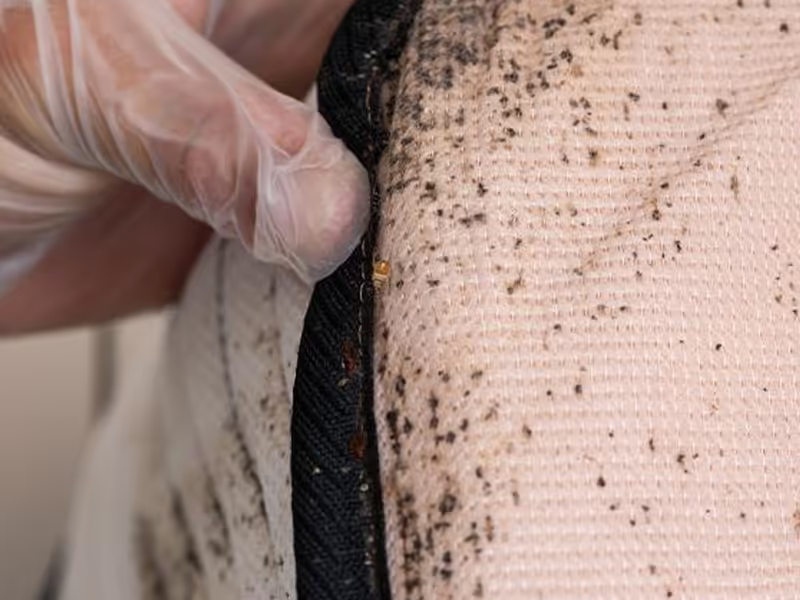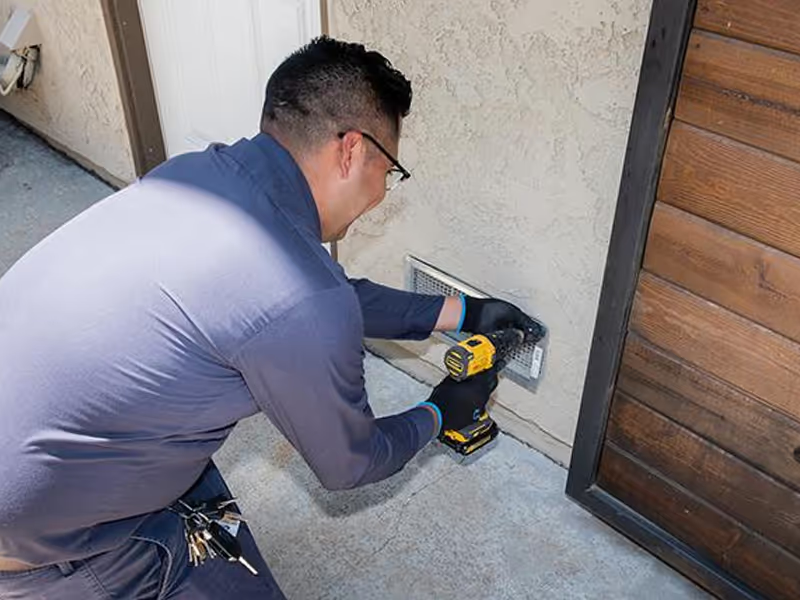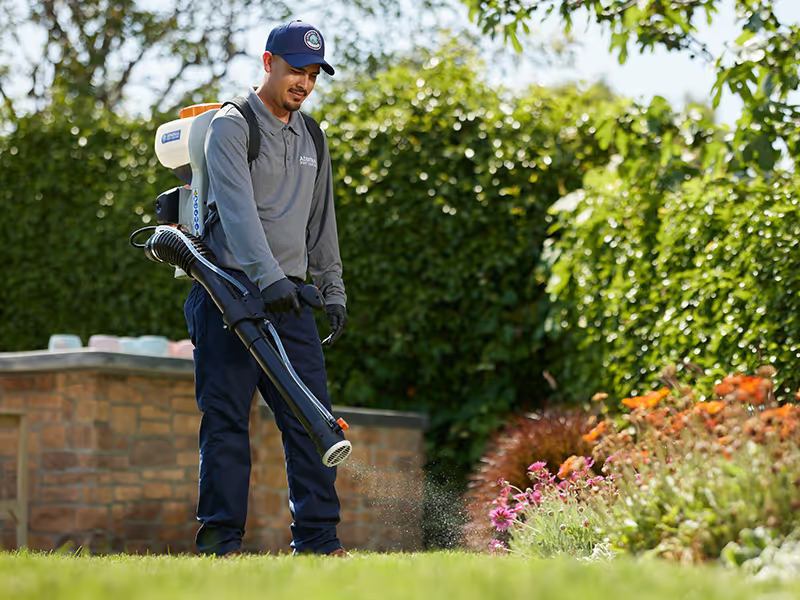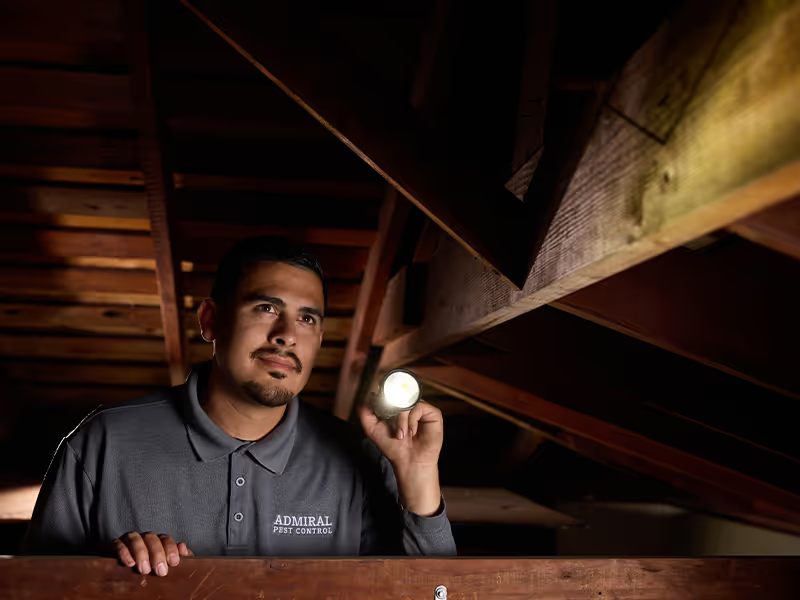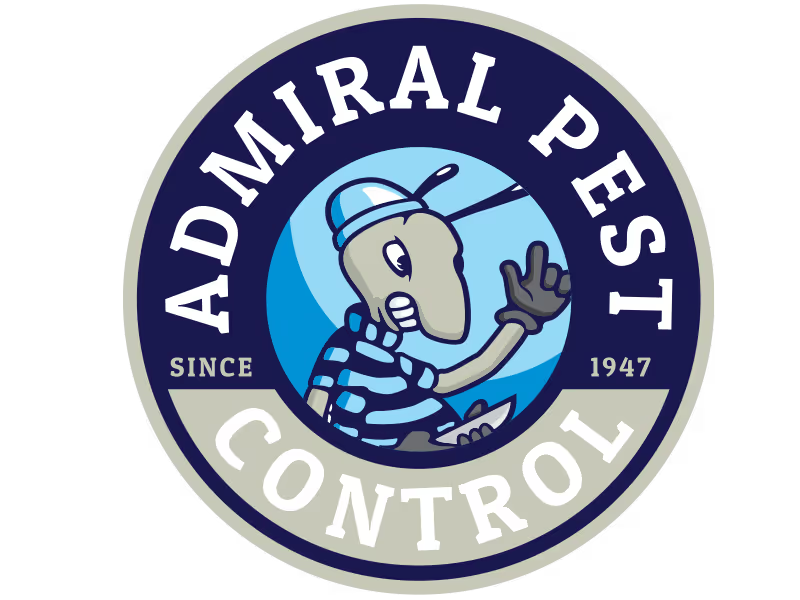Why Replace Insulation After Mice?
Mice don’t just live in insulation; they damage it in several ways. Here are the main reasons why you should replace insulation after a rodent infestation:
- Contamination: Mice leave behind urine, droppings, and bacteria that can spread diseases and create a foul smell in your home.
- Damage: Mice tear up insulation to build nests, making it less effective at regulating temperature.
- Energy Loss: Damaged insulation can lead to heat loss in the winter and make it harder to cool your home in the summer, leading to higher energy bills.
- Odors: The scent of mouse urine can attract more mice, increasing the risk of a future infestation.
- Mold and Moisture Issues: Damaged insulation can create moisture problems, leading to mold growth that can cause health problems.
If mice have been in your insulation, replacing it is the best way to ensure a clean, safe, and energy-efficient home.
How to Clean Up After Mice
Before replacing insulation, you need to properly clean up after a mouse infestation. Here’s how:
- Wear Protective Gear
- The short answer is yes—if mice have contaminated or damaged your insulation, it’s best to replace it. Here’s why:
- Put on rubber or plastic gloves to avoid direct contact with mouse droppings and urine.
- Wear a mask to prevent inhaling dust and bacteria.
- Disinfect the Area
- The area should be thoroughly disinfected to kill bacteria and viruses.
- Remove Droppings and Contaminated Materials
- Remove remaining droppings and urine.
- Carefully dispose of contaminated insulation.
- Clean and Deodorize
- Use a disinfectant spray on all surrounding surfaces.
- Ventilate the area to remove lingering odors.
After cleaning, you can replace the insulation to restore your home’s energy efficiency and prevent future infestations.
Signs of Mice in Attic Insulation
Mice often enter homes through small cracks and gaps, making attics a common hiding spot. Here are some signs that mice have been living in your insulation:
- Scratching and scurrying noises in the walls or ceiling, especially at night.
- Small droppings (dark, rice-sized pellets) near insulation or along baseboards.
- Gnaw marks on wood, wiring, or plastic materials.
- Urine stains or a strong, musty smell.
- Nesting materials like shredded insulation, paper, or fabric.
- Greasy rub marks along walls or baseboards where mice frequently travel.
If you notice these signs, it’s likely that mice have been in your insulation, and you may need to replace it.
Do Mice Eat Insulation?
Mice don’t eat insulation, but they do chew and burrow into it to create nests. Certain types of insulation, like fiberglass, loose-fill, and batt insulation, are especially attractive to mice because they provide warmth and softness.
While mice may accidentally swallow small pieces of insulation, they mainly use it for nesting rather than food. Over time, their burrowing weakens the insulation, making it less effective at regulating your home’s temperature.
Is It Safe to Live in a Home With Mouse Droppings?
No, it is not safe to live in a home with mouse droppings. Mouse droppings and urine can carry dangerous bacteria and viruses, including:
- Hantavirus – A potentially deadly respiratory disease transmitted through mouse droppings and urine.
- Salmonella – A bacteria that can cause food poisoning if droppings contaminate surfaces.
- Lymphocytic choriomeningitis virus (LCMV) – A virus that can cause flu-like symptoms and complications in pregnant women.
Even dried droppings can release harmful airborne particles, so it’s important to properly clean and disinfect affected areas. If droppings are found in your insulation, replacing it is the safest option.
Can Mice Survive Off Insulation?
No, mice cannot survive off insulation alone because it does not provide any nutritional value. However, they use insulation for:
- Nesting material – Mice tear apart insulation to create warm, cozy nests.
- Shelter – Insulation provides protection from predators and cold weather.
- Mice rely on food and water sources from your home, such as crumbs, pet food, or leaky pipes. If you eliminate these food sources, you can help keep mice from coming back.
How to Keep Mice Out of Insulation
The best way to keep mice out of your insulation is by preventing them from entering your home in the first place. Here’s how:
- Seal Entry Points
- Close gaps and cracks around windows, doors, pipes, and utility lines with steel wool and caulk.
- Repair holes in walls or the foundation with metal mesh or concrete.
- Install door sweeps on exterior doors to close gaps at the bottom.
- Use Rodent-Resistant Insulation
Some types of insulation are less attractive to mice, such as:
- Spray foam insulation – Forms a solid barrier that is harder for mice to burrow into.
- Cellulose insulation – Contains borate, which can deter rodents.
While no insulation is completely mouse-proof, these options can help reduce the risk of infestations.
- Keep Your Home Clean
- Store food in airtight containers to prevent mice from smelling it.
- Clean up crumbs and spills immediately.
- Reduce clutter, especially in attics, basements, and garages where mice like to hide.
- Use Natural Mouse Repellents
Certain scents can help deter mice, including:
- Peppermint oil
- Clove oil
- Ammonia
- Cedarwood
Soaking cotton balls in peppermint oil and placing them in entry points may help keep mice away.
Final Thoughts
If you’ve had a mouse infestation, replacing your insulation is highly recommended. Mice can contaminate insulation with bacteria, damage it with burrowing, and create energy loss in your home.
To protect your home, follow these steps:
✔ Remove contaminated insulation and clean affected areas.
✔ Seal entry points to prevent future infestations.
✔ Choose rodent-resistant insulation if replacing insulation.
✔ Maintain a clean home to avoid attracting mice.
By taking these precautions, you can keep your home safe, clean, and energy-efficient for years to come.
Contact the professionals at Admiral Pest Control in Orange and LA Counties. We will remove mice from your home and replace your insulation.

